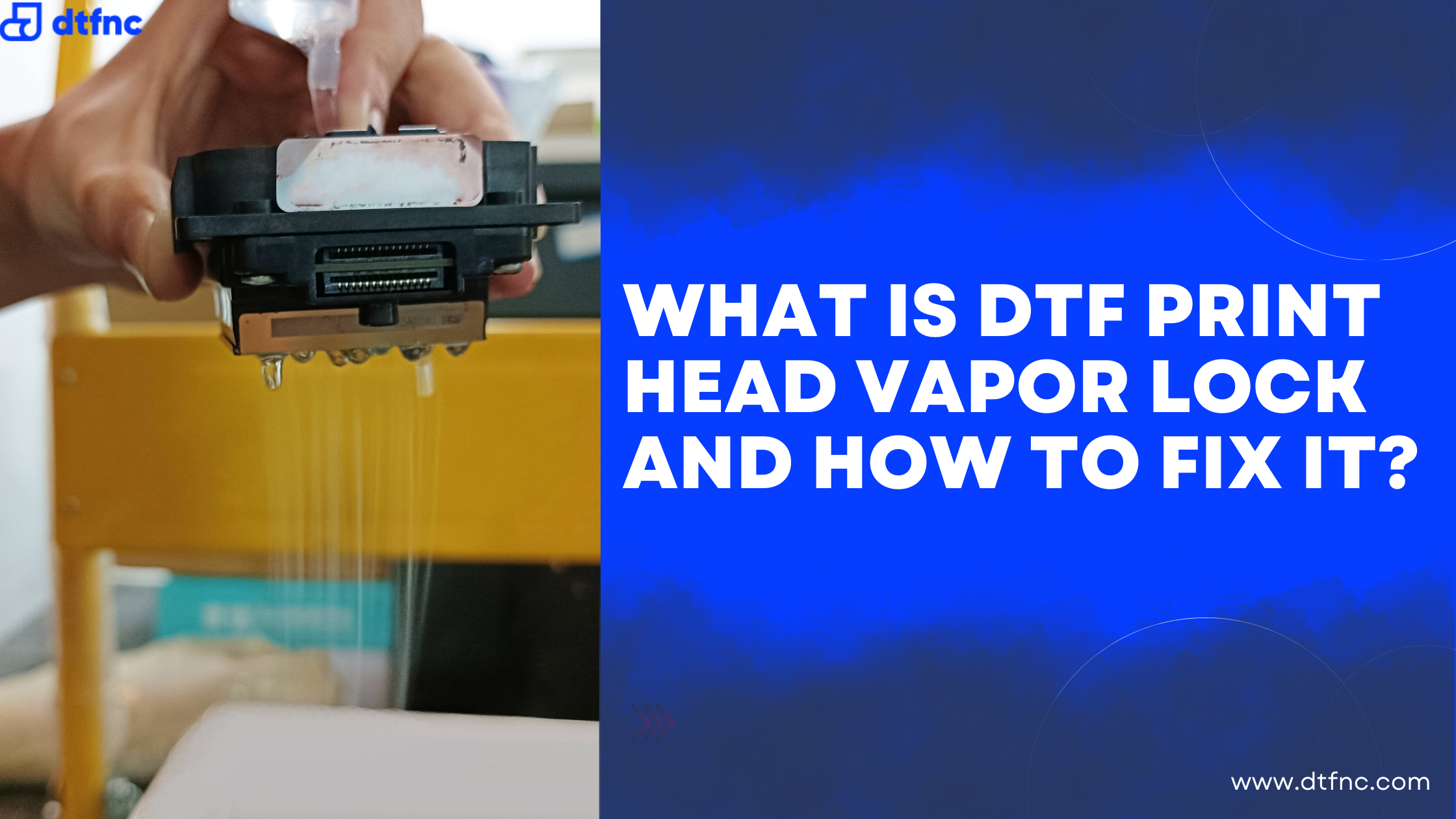Direct to Film (DTF) transfers are a game changer in the printing world. They're changing the game by providing a flexible and effective way to put designs onto all sorts of things. Whether it's clothes or items used for promotion, DTF printing is becoming popular because it makes high-quality prints and it's simple to do. But what's really cool about DTF transfers aren't just how well they work technically – it's also about how they feel. In this blog post, we'll talk about what makes DTF transfers special in terms of touch and sensation.
Texture Characteristics of DTF Printing
DTF prints have a special texture that a lot of people like. They feel smooth and a bit rubbery, which makes them blend well with different types of fabrics. Even though they're rubbery, they're still thin, so they're comfy and bendy. This special texture makes designs look more interesting while still feeling nice to touch. That's why they're popular for lots of different uses.
Softness and Comfort
Unlike old-fashioned printing methods such as screen printing or using heat transfer vinyl, DTF transfers give a soft and bendy feel. The prints feel nice and comfy on different materials, like a cozy hoodie, a strong tote bag, or a regular t-shirt. This softness makes the whole experience better, making sure the prints aren't just good to look at, but also feel great to touch and wear.

Breathability and Lightweight Nature
One great thing about DTF transfers is that they let fabric breathe and stay lightweight. Instead of adding extra layers, the ink goes directly onto the fabric. This means clothes made with DTF prints feel cool and comfy, perfect for hot summer days. You won't feel weighed down or constricted because there aren't any bulky layers, making it easy to wear them all day long.
Skin-Friendly and Safe
Many people worry about whether the materials used in printing are safe, especially if they touch the skin. But with DTF transfers, you don't need to worry because they are skin-friendly and don't contain any harmful substances. They're a good option for lots of different uses. Though some people with sensitive skin might still feel a bit irritated, improvements in DTF technology mean that the prints are now softer, which makes them even more comfortable and safe.
Customization Options
DTF printing is great for making prints that are super customizable. You can make them feel different and look unique with cool textures and finishes. It doesn't matter if you're printing on leather, cotton, polyester, or other fabrics, DTF transfers can be made just how you want them. You can change things like how thick the ink is or what kind of transfer film you use. This means you can make all sorts of cool textures and make your final product look even better.
Also Read: Understanding Color Management in Direct-to-Film Printing
Importance of Texture in Design
In the fashion world, how clothes feel is just as important as how they look. DTF transfers stand out because they not only make designs look great but also give clothes a nice, soft feel that makes wearing them more enjoyable. This mix of style and comfort makes DTF printing perfect for creating special designs that people really love.
FAQs (Frequently Asked Questions)
Are DTF transfers suitable for all types of fabric?
Yes, DTF transfers can be applied to various fabrics, including cotton, polyester, leather, and more. The versatility of DTF printing makes it suitable for a wide range of materials.
Can DTF prints withstand multiple washes without losing their texture?
Yes, DTF prints are durable and can withstand multiple washes without losing their texture or vibrancy. Proper care and washing instructions should be followed to ensure longevity.
Are DTF transfers environmentally friendly?
DTF transfers can be environmentally friendly, depending on the materials and inks used in the printing process. Many DTF printers offer eco-friendly options, such as water-based inks and recyclable transfer films.
Can DTF transfers be used for detailed designs and intricate patterns?
Absolutely! DTF printing excels in preserving delicate nuances and intricate details, making it ideal for detailed designs and complex patterns.
How do DTF transfers compare to other printing methods in terms of cost-effectiveness?
While the initial investment in DTF printing equipment may be higher than some other methods, such as screen printing, DTF transfers offer cost-effectiveness in the long run due to their durability, versatility, and ability to produce high-quality prints with minimal waste.
Conclusion
In summary, DTF transfers stand out from other printing methods because they feel different to the touch. They're smooth, flexible, and feel nice against the skin. Not only do they look good, but they also offer a pleasant tactile experience. As technology gets better, DTF printing will keep improving, offering lots of ways to be creative and make things unique. Whether you're an experienced designer or just curious, trying out DTF transfers can lead to a fun journey full of tactile joy and lots of ways to express yourself.









1 comment
Nya Chambers
Love to know how long it takes to receive product once ordered up